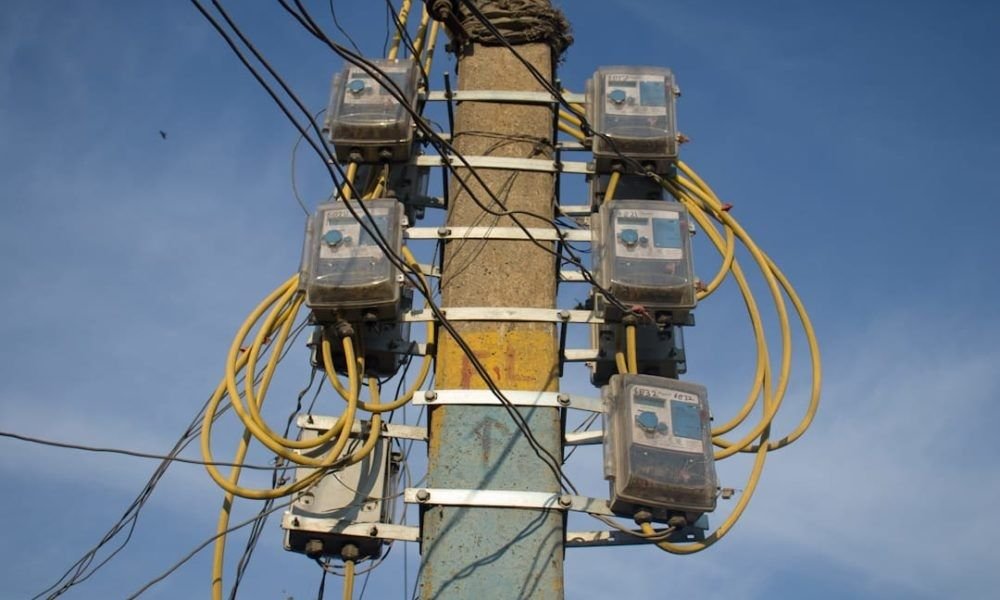 The Jammu and Kashmir state government has cleared its stand on giving special status to Hindus and other minorities of the state. It has told the Supreme Court of India that it will continue to give minority status to Muslims. Here are some other highlights of their reply :
The Jammu and Kashmir state government has cleared its stand on giving special status to Hindus and other minorities of the state. It has told the Supreme Court of India that it will continue to give minority status to Muslims. Here are some other highlights of their reply :
- The state government agrees that Muslims comprise major part of the state’s population but is not bound by the National Commission for Minorities Act.
- In the 10-page affidavit submitted by the government Hindus are referred to as “special segments of society”.
- Ironically, on one hand the government blatantly accepts Muslims as one of the six minority groups of the country but refuses to accept Hindus as minority as per the conditions of the same NCM.
- The state government has clearly refrained from promising the set up of a state minority commission to identify minorities of the state thereby putting halt on any future hopes on part of the minorities.
- JK government asserts that Muslims of the state enjoy minority benefits under the PM’s 15-point programme guidelines and not under the NCM.
- On the other hand, Advocate Ankur Sharma insists that even the PM’s 15-point programme guidelines clarify that if a nationally-identified minority happens to be a majority in any state, only the other notified minorities should get the benefits.
- Under the NCM Act, six communities – Muslims, Christians, Sikhs, Jains, Buddhists and Parsis have been notified as minorities.
The J&K government, however, has now told the apex court: “Minorities, as notified by the central government who are residing in the state of J&K, are as such entitled to all the benefits under various schemes meant for minorities, including the PM’s 15-point programme in spite of the fact that the NCM Act is not applicable to J&K.” The affidavit added that a special project called ‘Chief Minister’s Inclusive Development Initiative’ is being formulated by the state government to consider special needs of the minorities residing in J&K, and to have a focused development effort for “certain special segments of the society.”
The affidavit added that a special project called ‘Chief Minister’s Inclusive Development Initiative’ is being formulated by the state government to consider special needs of the minorities residing in J&K, and to have a focused development effort for “certain special segments of the society.”
Muslims constitute 68.3% of the state population while Hindus form 28.4%, Sikhs 1.9%, Buddhists 0.9% and Christians form 0.3% of the total population as per the 2011 census report.
Read also: “Mujhe mat na bolo Tum” vs “ Mahaa jarra remote fadayo”
It further said that various scholarship schemes are also likely to be drafted to take care of the difficulties of “special segments of the population, including minorities residing in the state of J&K”. The reference to “special segments” here apparently connotes Hindus, Sikhs and other minority groups in the state.
On the last date of hearing, Attorney General KK Venugopal had informed the Court that this committee last had a meeting in October, and sought some more time to complete the deliberation. The Court is likely to take up this case in February now.















